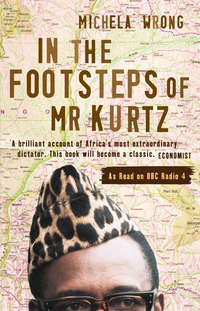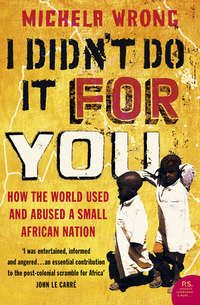It’s Our Turn to Eat

Полная версия
It’s Our Turn to Eat
Жанр: историческая литературагуманитарные и общественные наукисоциологиясерьезное чтениеоб истории серьезно
Язык: Английский
Год издания: 2018
Добавлена:
Настройки чтения
Размер шрифта
Высота строк
Поля
Конец ознакомительного фрагмента
Купить и скачать всю книгу




